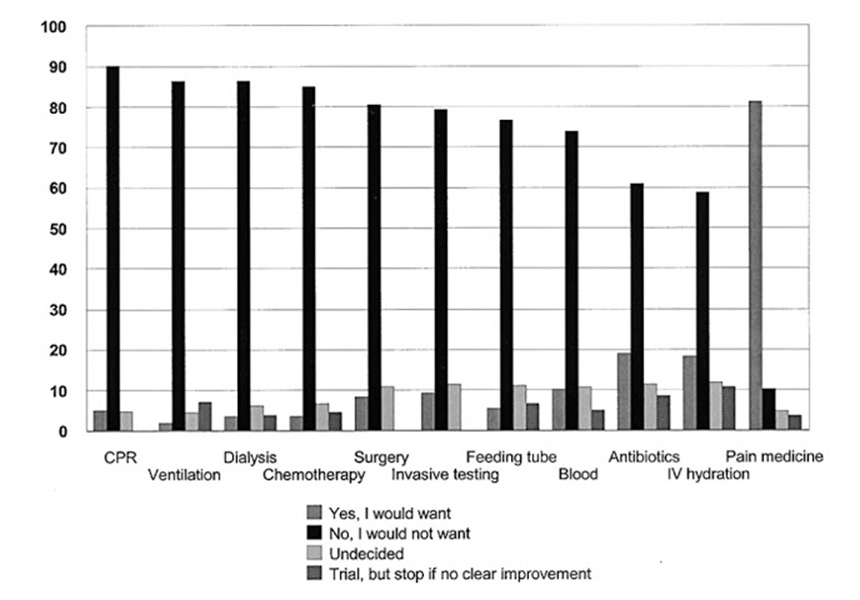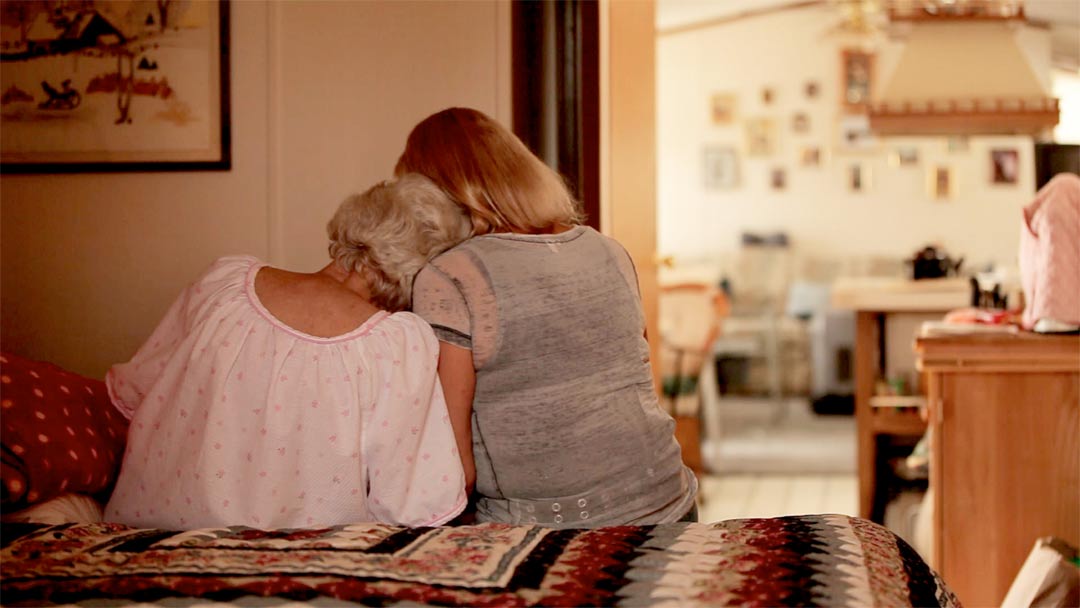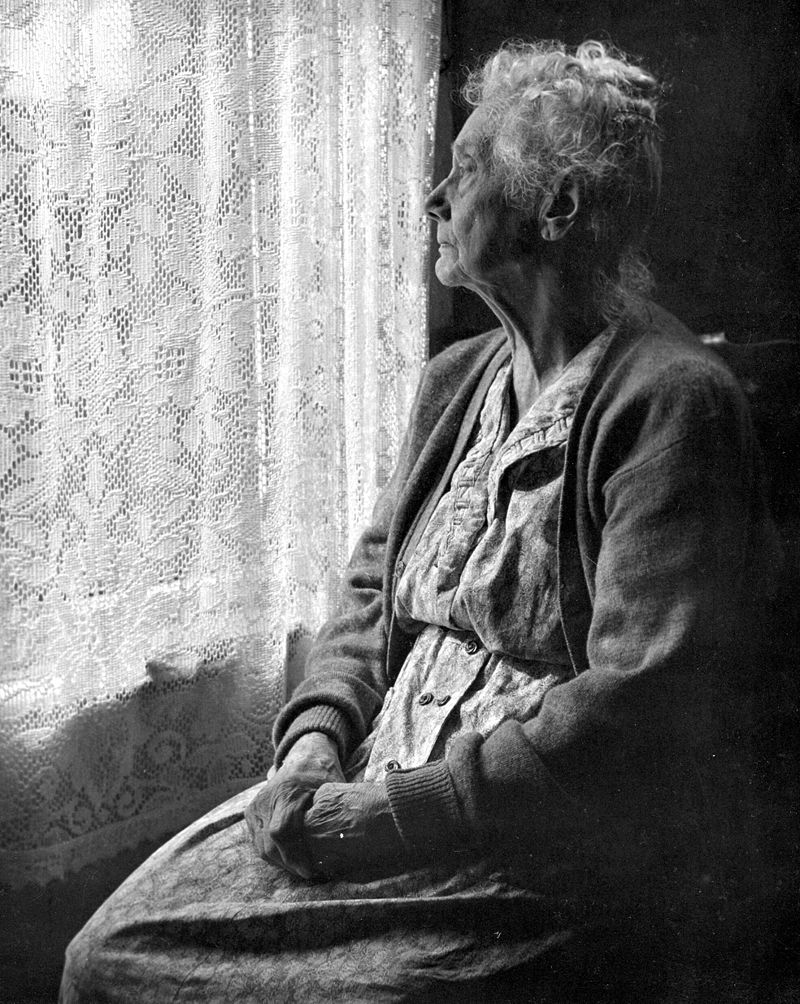The Bitter End
Radiolab short (January 15, 2013)
We turn to doctors to save our lives — to heal us, repair us, and keep us healthy. But when it comes to the critical question of what to do when death is at hand, there seems to be a gap between what we want doctors to do for us, and what doctors want done for themselves.
This past week, the WNYC’s Radiolab ran a really good short on death, dying, and end-of-life choices. The show, The Bitter End, focused on the fascinating Johns Hopkins Precursors Study which asks Medical Doctors the following:
What are your preferences “…for treatment given a scenario of irreversible brain injury without terminal illness.”
The study has found time and time again that Medical Doctors do not want most (if any) medical treatments that would prolong their lives in this given situation. This finding stands in contrast to members of the general public who generally do want aggressive, life-prolonging treatments. The Radiolab reporters do a good job discussing these medical options with all kinds of people. You should also read the Radiolab blog post, which covers the Precursors Study.
The show flagged up, once again, an issue that the Death Reference Desk has been asking readers since it started: How much and what kind of end-of-life care you want?
This is a question, as most people can see, that only individuals can answer themselves and we here at Death Ref would encourage everyone to have this conversation with their next-of-kin. The Radiolab story captures precisely this kind of conversation between host Jad Abumrad and his Medical Doctor father.
The radio short also mentions, albeit briefly, a form of Do Not Resuscitate tattoo. Regular Death Ref readers will of course remember the recent run of DNR tattoo posts: Do Not Resuscitate this Tattoo or the Person Attached to It and Do Not Resuscitate Tattoos Cannot be Stopped.
Coincidentally, the New York Times ran a blog post today entitled When the Patient Knows Best and it covers many of the points in the Radiolab story.
Many thanks to Radiolab for putting the programme together.



